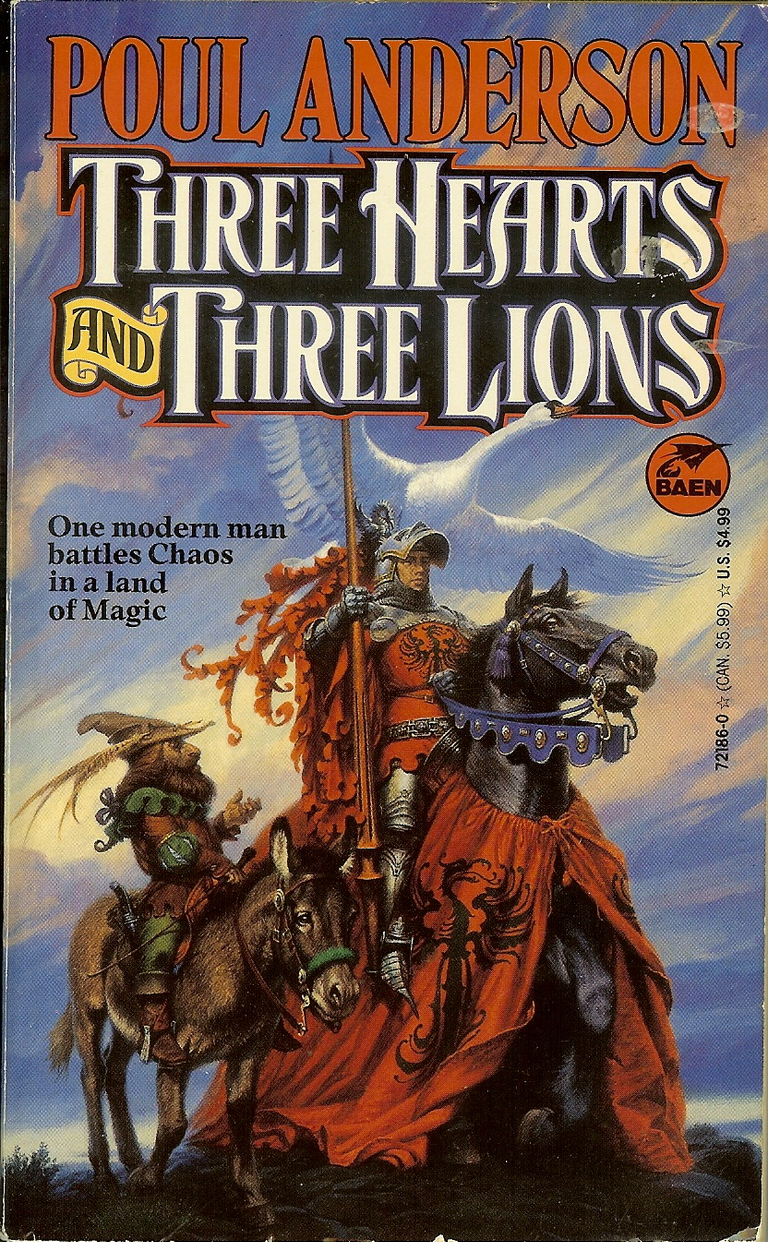
Isekai stories are a staple of modern Japanese fiction. Featuring humans from modern-day Japan transported to another world, it seems there's a new isekai story published every month. Today, isekai stories are extremely popular.
And they are becoming extremely ridiculous.
The discerning reader will find much to complain about. Fanservice in place of character development. Main characters denser than neutron stars. Plot holes barely smoothed over by huge tracts of land. Coveniently overpowered magic, cliched societies, plot developments, over-reliance on gaming mechanics, the list goes on.
Most damning of all, in many isekai stories, after the protagonist is transported to his new world, his backstory no longer matters. His experiences, knowledge and culture are rendered either utterly irrelevant or pop up only to justify OP magic or technology.
That's not the point of isekai.
The selling point of an isekai story is to take the reader from the familiar to the strange, to a land with infinite potential for adventure. The protagonist from Earth is the reader's viewpoint character, representing the knowledge and the culture of modern-day society. When he is thrown into the fantasy world, he experiences culture shock, and must adapt to survive. Without this element of culture shock and adaptation, of being constantly on the back foot and trying to keep up, there is no point in having an isekai story. You can substitute a character who was born in the fantasy world and still have the same story.
Japanese manga and light novels commit many sins. Here are some of them.
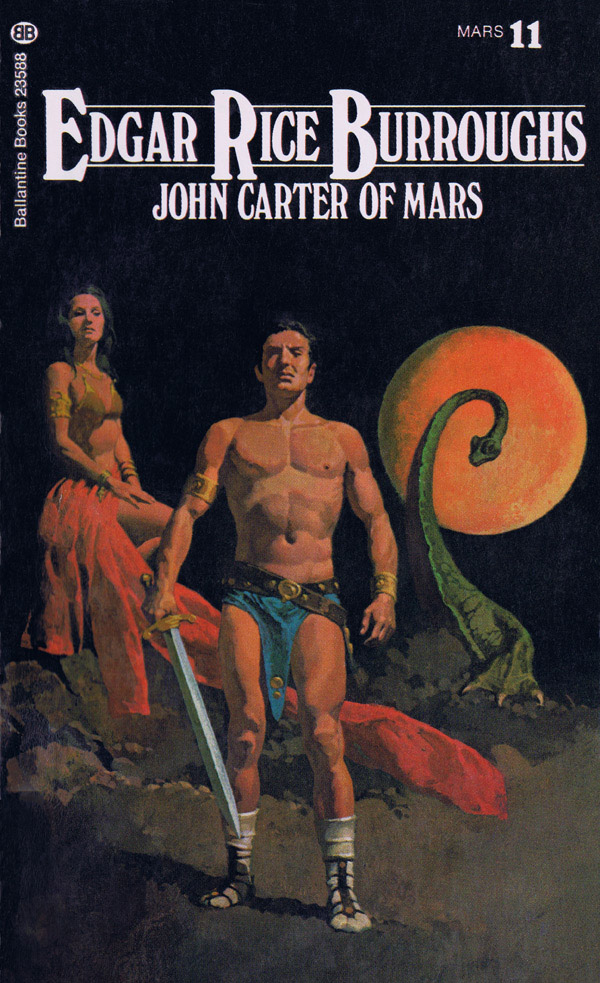
Titles and Honorifics
In modern isekai stories, you're bound to see the use of Japanese honorifics like -sama, -dono and -chan in everyday speech, even if the fantasy society is loosely based on medieval Europe. This is highly irksome, and destroys reader immersion.
Japanese honorifics evolved in a unique society, one founded on rigid social hierarchies, high power distance, Confucian values that emphasize social harmony over individualism, and social etiquette literally enforced at swordpoint. Samurai could execute peasants on the spot for showing insufficient respect, and the shogun could order the death of lesser daimyo for failing to adhere to the protocols of his court. Societies without these historical elements and cultural touchstones generally do not evolve such an extensive honorific system.
You cannot create a fictional society simply by patching together elements from societies. You can't simply insert Japanese-style speaking conventions into a society with medieval European aesthetics where everyone talks and acts with low power distance like in a modern society and expect it to be believable, because none of these elements fit organically together. The use of honorifics reveal themselves as nods to a Japanese audience instead of outgrowths of the story world. If you think too hard about it, it becomes immersion-breaking.
A more interesting take on Japanese honorifics would be a Japanese MC whose constant use of honorifics confuses everybody around him. He is the only person who uses them, which emphasises his status as an outsider from another world. As no one uses honorifics to the same degree, he can't rely on honorifics alone to determine the interpersonal dynamics of a group. He needs to pay attention to how everybody relates to everybody else.
A counter-example of the use of honorifics and titles is Poul Anderson's Three Hearts and Three Lions. Protagonist Holger Carlsen is an American-trained Danish engineer from World War 2 dropped into a fantasy world. Right off the bat he discovers a placid horse and a suit of armour that fits him perfectly. Everyone calls him 'Sir Nicht' because of his gear. This disorients him, because he is an ordinary engineer from a time and place where no one uses noble titles. The use of 'Nicht' instead of 'Knight' reinforces the otherworldly nature of the setting.
Religion
In many an isekai story, when the main character encounters organized religion, it usually falls into two flavours: Church of Evil or polytheistic cults with European aesthetics. This reflects the Japanese experience of religion -- but the point of isekai is to get away from Japan!
Religions have left their mark on societies and individuals in unique ways. Religious values are expressed in societal attitudes towards various actions and peoples. Any isekai story where religion plays a significant component should take the time to flesh out the fantasy religion, its doctrines, and its impact on people and the world.
In the real world, religions had profound social impact. In Europe, the Christian Church taught children their letters for free by using the Bible as a foundational text in Sunday school, encouraging the spread of literacy. In polytheistic societies, when people call on gods, they either call upon the god most relevant to the current situation or their most favoured god (not a generic 'Oh Gods!' as seen in most fiction). In Thailand, people bow to statues of the Buddha on the street. Little details like this flesh out a society.
A great example of fantasy religion that works is The Faraway Paladin. Protagonist Will is a reincarnated human from Earth who is raised by three undead heroes. Every day, Mary, his adoptive mother, prays to the goddess Gracefeel for bread to feed Will. However, being undead, she burns in Gracefeel's divine presence. And yet, Gracefeel still grants her bread. In this scene, you see Mary's daily sacrifice, her tragic circumstances, and how divine intervention transforms torture into triumph. It is easily the most impactful religious scene I've seen from modern-day isekai.
In Three Hearts, Three Lions, Holger travels through a land divided between Law and Chaos, with Law represented by Christianity and Chaos by paganism and the Fae. However, he considers himself an agnostic. This clash between a religious world and an irreligious worldview forces him to keep studying the world, to keep changing, and to embrace the virtues of the faith.
Vox Day's Selenoth series shows the impact of religion on a far grander scope. The Church forbids the use of magic, the sole exception being the miracles granted to the Order of Saint Michael, a religious army dedicated to fighting magic-wielding foes. However, among countries and races where the Church holds less sway, vastly different kinds of magic are commonplace. Here we see that the Church promises salvation, but at the cost of significant disadvantage over the orcs, elves and other magic-wielding nations and peoples of Selenoth, setting the stage for interesting moral dilemmas and conflicts.
The Impact of Technology
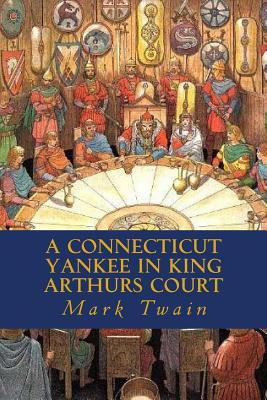
Isekai heroes introduce many technological innovations to their new world. Fertilizer, four-crop planting, the almighty water pump, the divine wash toilet. Again and again, technology is introduced simply for the heroes' convenience or to reinforce his OPness instead of having an organic impact on the rest of the world.
In Gun-ota ga Mahou Sekai ni Tensei Shitara, Gendai Heiki de Guntai Harem o Tsukucchaimashita, the hero is a gun otaku, the only one in the world who uses guns. No one thinks of attempting to independently recreate what he did, and the only person in the world who is interested in guns worships him as a living god. Guns simply become a way for him to do battle, and to distinguish himself from everybody else.
In contrast Shinjuku no Nectar features schizotech, primarily WWI levels of technology mixed with magic and sprinklings of more modern technology. Isekai'd humans, not just the protagonist, have irrevocably left their mark on this world. Exploiting humans and their knowledge is a core component of the plot, with technological innovations ripple across the world.
The March Upcountry series by John Ringo and David Weber isn't strictly an isekai story, but it shows how to properly craft the emergence of high tech. After crashlanding on a backward alien planet, Prince Roger must recruit the natives to bolster his numbers. To turn them into effective fighters, he must jumpstart an industrial revolution. Training methods, politicking, research and more become important plot points. The introduction of technology turns Roger's army into a feared fighting force that sweeps the planet, and he sheds his persona of playboy prince to become a barbarian warrior king.
LitRPG Mechanics
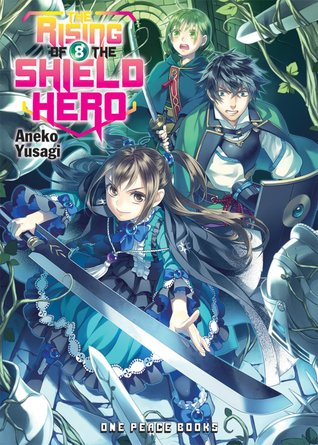
LitRPGs are extremely popular, especially in the isekai genre, but also extremely artificial. RPG rulesets attempt to quantify the unquantifiable so people can run a game. They doesn't translate cleanly into the written word. LitRPGs try, but run the risk of sacrificing awe and wonder.
In RPG style combat, you're basically reducing the other guy's numbers to zero before he does the same to you. You need to optimize your class and stats, choose the right gear, and so on. It may be familiar to gamers, but if I want to read all about stuff that I see in games, I might as well play my own games. If I read fiction, I want more than that.
LitRPG systems limit the scope of creativity and de-emphasize the deadliness of combat. A standing arm bar can restrain someone without killing him; go hard enough and it will injure or damage the elbow; drop to a knee and go fast, you'll slam his head against the floor and potentially break his neck. Good luck getting a LitRPG system to capture the nuances of these force options.
Instead of expanding the mind, LitRPG squashes it down into a gaming paradigm.
But not all LitRPGs are bad. City and the Dungeon is excellent. Soda Pop Soldier garnered excellent reviews. The trick is to focus not on the gaming elements, but on characterisation and storytelling. The LitRPG elements are props to support a scene; they should not be the focus of the story.
Better yet: step outside the tired litRPG setting and embrace the full range of fantasy possibilities.
The Restoration of Isekai
For all the strops thrown at isekai stories, the genre itself isn't irredeemable. The basic premise contains vast potential for action, awe and wonder. By setting the story in a fantastic world while using characters from Earth, you set the stage for adventures into the unknown while simultaneously retaining an anchor to lived reality. Countless failed or mediocre executions of the concept don't necessarily mean the death of the genre; it merely means future writers should do it right.
Which is what PulpRev is working on.
Allexander Hellene's A Traitor to Dreams, Rawle Nyanzi's Sword & Flower, and my own upcoming trilogy Dungeon Samurai represent our movement's attempts to restore the genre to its rightful glory. Keep your eyes peeled for these stories; we're only getting started.
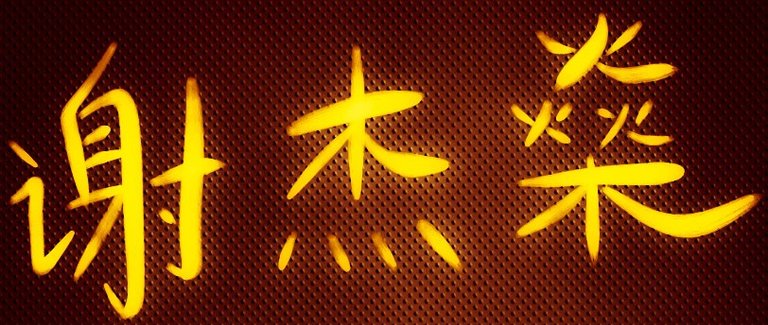
While waiting for DUNGEON SAMURAI, you can check out my latest novel HOLLOW CITY. With superheroes, martial arts, gunfights and politics, it's Michael Connelly meets the Punisher.
For writing news and promotions, sign up for my mailing list here!
In, re: four crop rotation, I'm assuming you've read/are talking about Master of Ragnarok? I've read few isekai, but that one seemed overall tolerable. The world is not given to the protagonist on a silver platter, he actually has things go wrong and makes mistakes, and the unwanted harem seems more for laughs than an endorsement of polygamy. It has its problems, but it also has some genuine quality, in my opinion.
I've also read a Western isekai/litrpg/xianxia crossover called The Ten Realms, which has its own issues, but does bring a unique take. The heroes are former US military personnel, and their power stems from their philosophies of freedom and self-improvement more than having guns in an overall low-tech world.
I first encountered it in "Be mine, Hero!" "I refuse!" / Archenemy and Hero. It wasn't an isekai story, and the Demon Lord(ess) introduced four crop rotation as part of a larger plan to revitalize the agricultural sector. After that however, in other generic isekai trash that my brain refuses to remember, I've seen heroes introducing four crop rotation, winning the acclaim of the local village, and... then, nothing. At least in the former, you see the long-term effects through increased prosperity, reduced starvation and famines, etc.
I think seeing a clash of philosophies, ideas and worldviews is far more interesting in an isekai setting than simply having the MC introducing modern tech and watching the consequences unfold. If the world isn't so radically different from ours that the hero doesn't have to adapt and has no need to face the consequences of living as a modern human would, there isn't a need for an isekai premise. Case in point, Knights & Magic, where the MC is a reincarnated isekai'd modern Japanese salaryman, but his past life barely comes up at all.